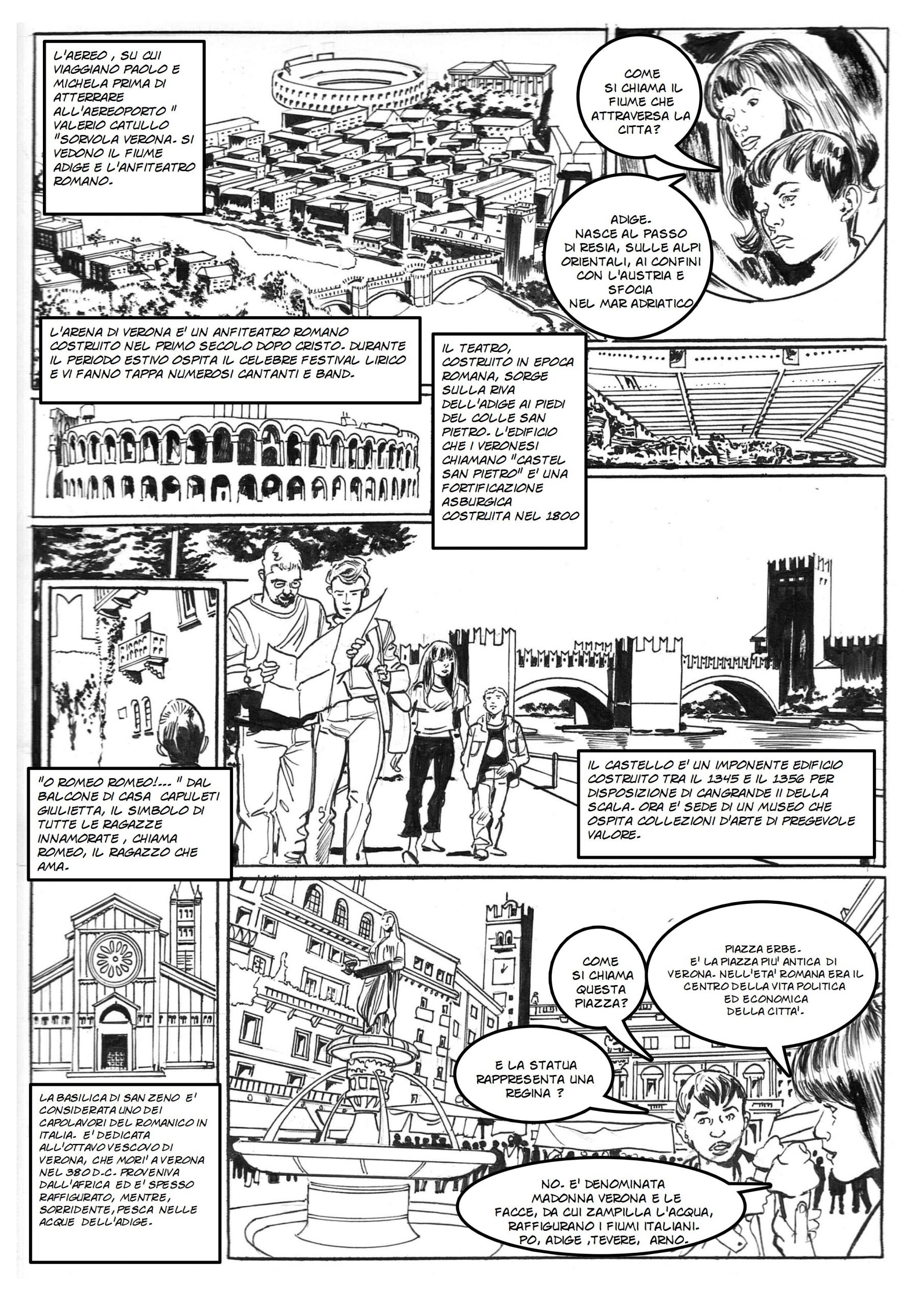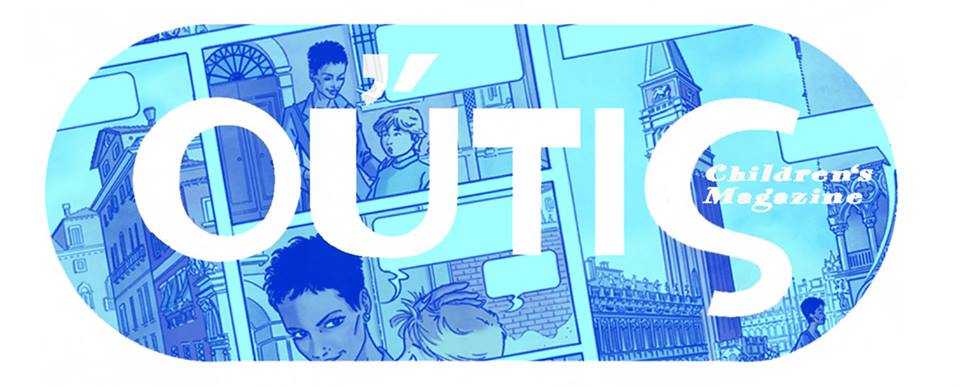
Opera in Comics
Opera in Comics
Giuseppe Fortunino Francesco Verdi (Italian: [dʒuˈzɛppe ˈverdi]; 9 or 10 October 1813 – 27 January 1901) was an Italian opera composer. He was born near Busseto to a provincial family of moderate means, and developed a musical education with the help of a local patron. Verdi came to dominate the Italian opera scene after the era of Vincenzo Bellini, Gaetano Donizetti, and Gioachino Rossini, whose works significantly influenced him.
In his early operas, Verdi demonstrated a sympathy with the Risorgimento movement which sought the unification of Italy. He also participated briefly as an elected politician. The chorus “Va, pensiero” from his early opera Nabucco (1842), and similar choruses in later operas, were much in the spirit of the unification movement, and the composer himself became esteemed as a representative of these ideals. An intensely private person, Verdi, however, did not seek to ingratiate himself with popular movements and as he became professionally successful was able to reduce his operatic workload and sought to establish himself as a landowner in his native region. He surprised the musical world by returning, after his success with the opera Aida (1871), with three late masterpieces: his Requiem (1874), and the operas Otello (1887) and Falstaff (1893).
His operas remain extremely popular, especially the three peaks of his ‘middle period’: Rigoletto, Il trovatore and La traviata, and the 2013 bicentenary of his birth was widely celebrated in broadcasts and performances.
Nabucco (Italian pronunciation: [naˈbukko], short for Nabucodonosor [naˌbukoˈdɔːnozor, -donoˈzɔr]; English: “Nebuchadnezzar”), is an Italian-language opera in four acts composed in 1841 by Giuseppe Verdi to an Italian libretto by Temistocle Solera. The libretto is based on the biblical books of 2 Kings, Jeremiah, Lamentations and Daniel and the 1836 play by Auguste Anicet-Bourgeois and Francis Cornu. However, Antonio Cortese’s ballet adaptation of the play (with its necessary simplifications), given at La Scala in 1836, was a more important source for Solera than was the play itself.Under its original name of Nabucodonosor, the opera was first performed at La Scala in Milan on 9 March 1842.
Nabucco is the opera that is considered to have permanently established Verdi’s reputation as a composer. He commented that “this is the opera with which my artistic career really begins. And though I had many difficulties to fight against, it is certain that Nabucco was born under a lucky star.”
The opera follows the plight of the Jews as they are assaulted, conquered and subsequently exiled from their homeland by the Babylonian king Nabucco (Nebuchadnezzar II). The historical events are used as background for a romantic and political plot. The best-known number from the opera is the “Chorus of the Hebrew Slaves”, “Va, pensiero, sull’ali dorate” / “Fly, thought, on golden wings”, a chorus that is regularly given an encore in many opera houses when performed today.
“Va, pensiero” (Italian: [ˈva penˈsjɛːro]), also known as the “Chorus of the Hebrew Slaves”, is a chorus from the opera Nabucco (1842) by Giuseppe Verdi. It recollects the period of Babylonian captivity after the loss of the First Temple in Jerusalem in 586 BCE.
The libretto is by Temistocle Solera, inspired by Psalm 137. The opera with its powerful chorus established Verdi as a major composer in 19th-century Italy. The full incipit is “Va, pensiero, sull’ali dorate”, meaning “Go, thought, on wings of gold”.

